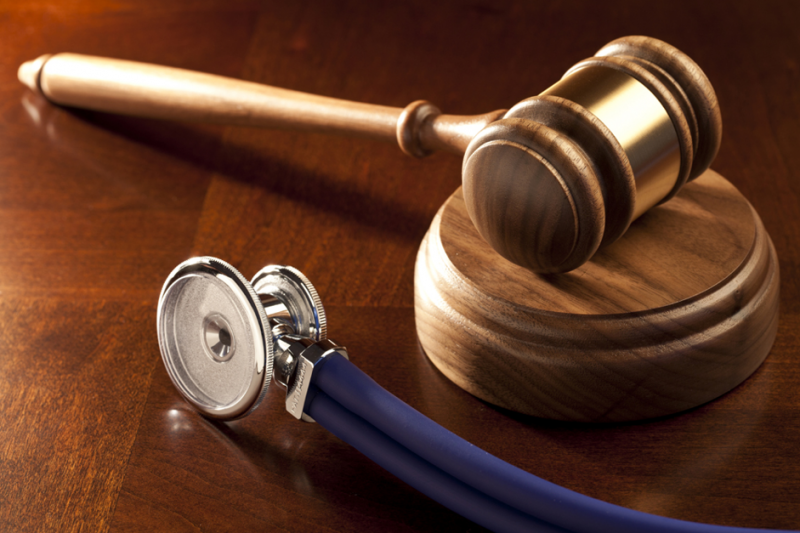Medical Negligence – Classic Examples and How You Can Claim
Whether it’s referred to as “medical negligence” or “medical malpractice”, we’ve all heard the terms and likely seen many cases of this phenomenon illustrated in various TV shows.
So what exactly is medical negligence, what are some examples and what can you do about it?
That’s what we’ll be covering in this article.
Duty of Care
Everyone in the medical profession, from highly qualified specialists right down to hospital janitors, have a duty of care towards patients. This goes beyond hospitals. It also applies to any medical profession, such as your local GP, pathology labs, dentists, your pharmacist, paramedics and so on.
Patients and the general public expect medical professionals to abide by a certain level of care and hygiene, and anything that falls below these standards is basically a case for medical negligence.
This duty of care encompasses everything related to the medical profession. Things like:
- Treatments
- Prescribed medications
- Surgeries
- Diagnosis
- And more…
We’ll now look at some examples of what would be considered medical negligence.
Patient Mix Ups
Likely we’ve all heard a horror story that relates to patients getting mixed up inside a hospital and receiving the wrong surgical procedure. Someone goes in for a procedure to correct a hernia and ends up having their kidney removed instead.
It sounds extreme, but it does happen.
This example is classic medical negligence and a total lack of duty of care.
If anything like this has happened to you – even if the mix up isn’t as extreme as the example – then you really should consult a medical negligence lawyer to claim compensation. No one should simply let a scenario like this go without holding medical staff accountable. To do so could lead to the same mistake happening again.
Contracting a Disease Or Illness
This is very common as well, more common than many of us would like to believe.
Whenever your visit a doctor’s surgery or spend time in a hospital (even as a visitor and not a patient), you can potentially be exposed to all manner of illnesses and diseases. This is particularly true if staff haven’t followed best hygiene practices.
More often than not, contracting some form of illness results from a stay in hospital, or following a surgical procedure.
As some illnesses and complications don’t arise for some days or weeks, you may only start to notice symptoms once you’re back home again. However, this doesn’t mean you didn’t contract the illness from your hospital stay.
Once again, this is a potential case of medical negligence that should be looked into.
Delayed Diagnosis
Delayed diagnosis isn’t about a patient taking too long to seek help from a doctor. It’s when a medical professional basically takes far too long to come up with a diagnosis and commence treatment.
Misdiagnosis
How does this differ from delayed diagnosis?
Well, in this case your doctor makes a diagnosis, but it’s the wrong diagnosis, resulting in the patient receiving the incorrect treatment for the real problem.
Imagine being diagnosed and treated for something minor, only to discover down the track that something far more serious is going on.
It’s a scary thought, but it does happen. If it’s happened to you recently, then seek help regarding a possible claim for damages.
Surgical Instruments Left Inside a Patient
Many of you have probably heard stories like this, particularly on the news, where a post-operative X-ray reveals something left inside a patient after surgery. This could be a pair of scissors, a surgical sponge used to absorb blood during the procedure, or any one of dozens of other items.
No doubt having a foreign object left inside your body after an operation is going to cause severe complications, and potentially permanent damage.
Definitely a lack of care has taken place in circumstances like this. While the act might not have been deliberate on anyone’s part, it’s definitely an example of extreme medical negligence.
Talk To a Lawyer
If you’ve suffered any incidence of something that could be determined as medical negligence, then make an appointment to speak with a specialist lawyer. They’ll be able to assess your circumstances, tell you where you stand and what action you can take. Generally your first consultation will be free, so you’ve got nothing to lose and everything to gain.





